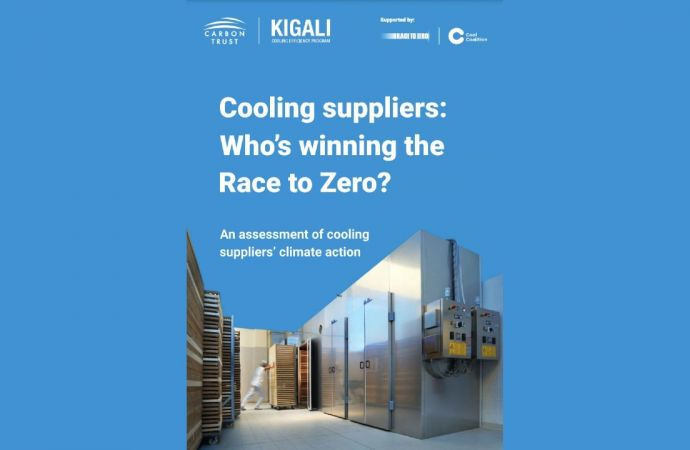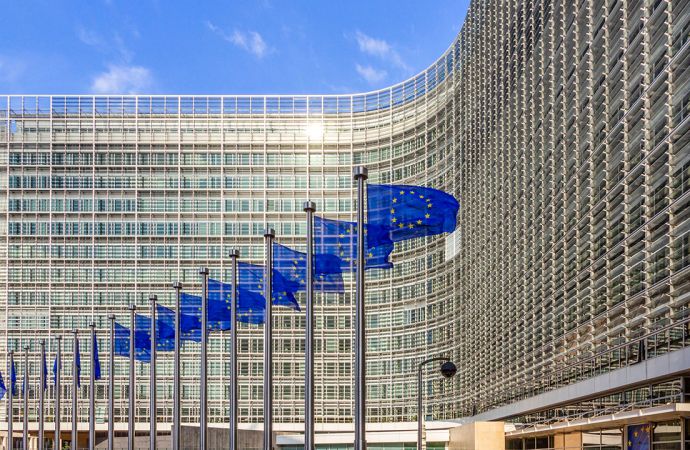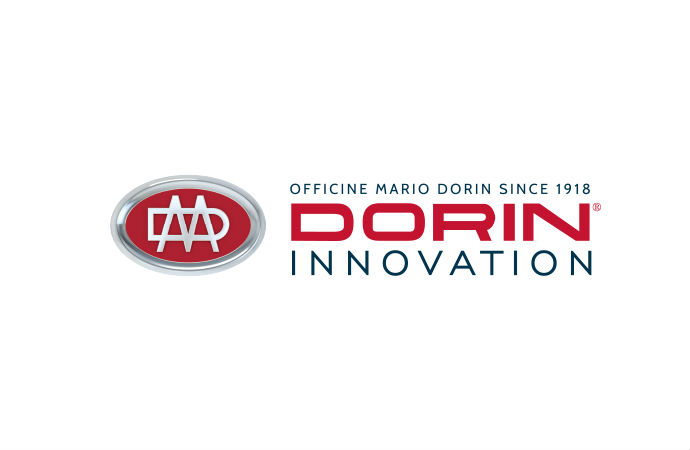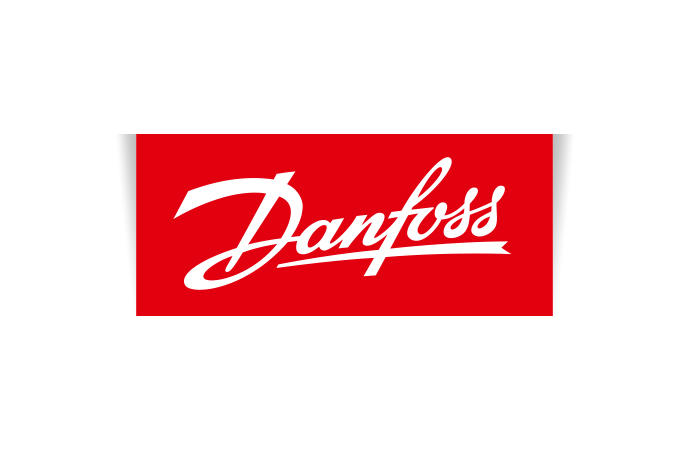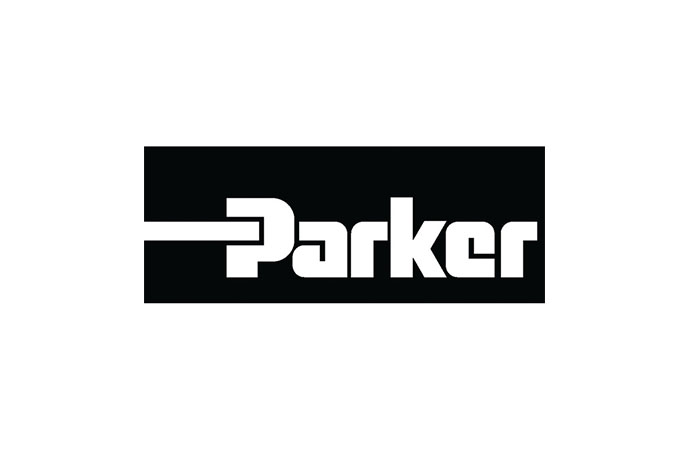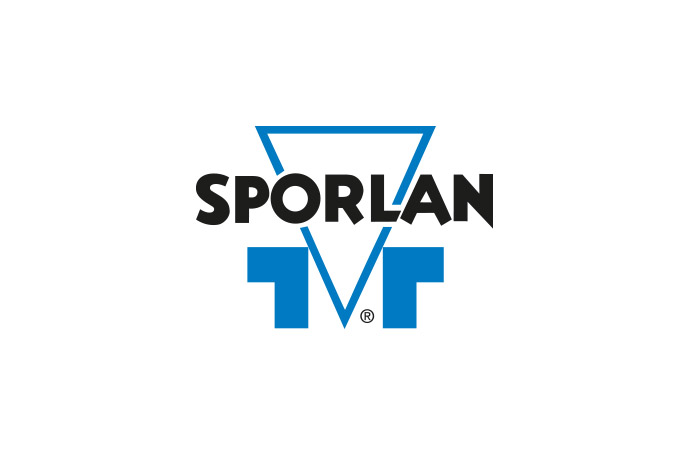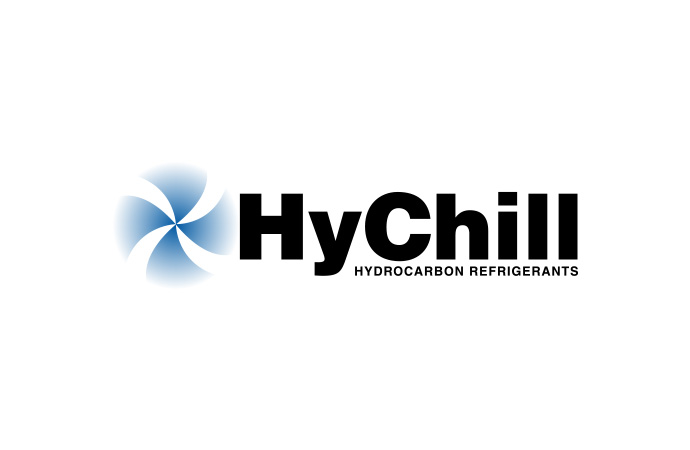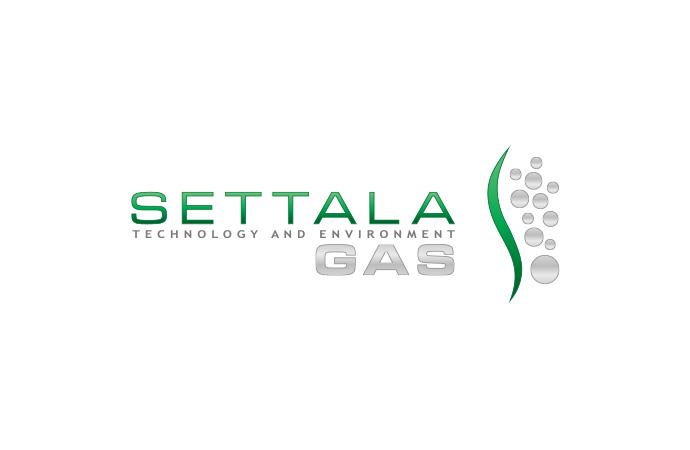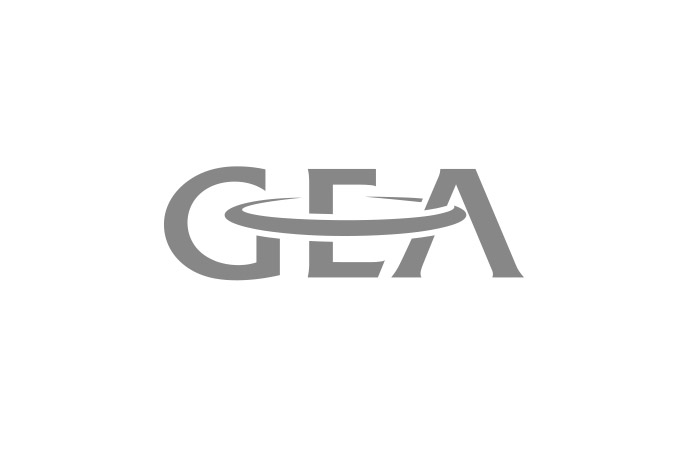Old fridges canibalise energy and contain climate damaging f-gases. In Brazil, local power companies exchange new energy efficient refrigerators, using hydrocarbons instead of f-gases, for old ones. The International Climate Initiative co-financed by the German government supports their activities and has just financed a new recycling facility for the old fridges to recover the climate damaging gases before they escape into the atmosphere. + VIDEO

Refrigerators are part of the standard home equipment in Brazil but not everybody can afford a new one. Those who cannot, buy used ones, which results in every 10th fridge in Brazilian households being older than 16 years, using climate damaging f-gases as refrigerant. Some of the refrigerators are even much older, up to 40 years and more.
In 2000, the Brazilian government passed a law requiring that electricity providers invest 0.5% of their turnover into projects that promote energy-efficiency, especially among the disadvantaged. Half of these projects are therefore designed to benefit the country's poor, who tend to spend over 25 percent of their income on electricity. One very popular project is the refrigerator exchange programme in the favelas: people can come with their old fridges and exchange them for brand new ones that are energy efficient and climate friendly because they use hydrocarbons instead of f-gases.
From manual to professional recycling
Until recently, the old refrigerators were recycled manually. The catadores (which is Portugese for 'human scavenger' or 'rubbish collector') who spent their days collecting garbage, used to collect old refrigerators in the favelas and dismantle them in order to recover and sell any valuable materials such as metals and plastics. In the process however, a better part of the greenhouse gases contained in the refrigeration circuit and the isolating foam escaped into the atmosphere.
The refrigerator exchange programme however demands that the refrigerator is delivered with the refrigeration circuit intact, including the compressor. If it is damaged or any part is missing, the refrigerator will not be exchanged for a new one.
In a new state-of-the-art recycling plant, operated by the Brazilian company Revert, the old refrigerators are now cleanly disposed off in a process that captures many millions tones of carbon. The project was implemented by GTZ Proklima and funded by the International Climate Initiative (ICI) of the German Ministry for Environment, Nature Protection and Nuclear Safety.
The new recycling plant, which consumed €3.5 million out of a budget of €5 million earmarked in an ICI project for climate-friendly disposal of old refrigerators, can dispose of 400,000 old appliances per year and it won’t run idle: estimates are that around 20 million appliances in Brazil would be fit for recycling. An industry source talks of 200.000.000 kg of disposed obsolete appliances added every year to the Brazilian waste stream only by refrigerators and freezers.
In the new recycling plant, oil and refrigerant are in a first stage sucked out of the compressor. Then the f-gases are extracted from the foams, and the body of the refrigerator shredded into pallets for the construction industry, the shredding process for one refrigerator taking just 3 minutes. The gases are stored to be later burned. However, so far Brazil lacks the necessary technology for safely burning these gases. Negotiations for the purchase of a particular oven tailored to this need are ongoing and the financing is already secured.
New energy efficiency standards soon?
In 2010, Brazil as well as Mexico considered separate proposals to establish minimum energy conservation requirements for a range of household and consumer products. In the beginning of the year, Brazil sought comments from interested parties on draft technical regulations establishing or amending the minimum energy efficiency requirements for stoves, gas ovens, air conditioners, gas water heaters, and refrigerators and freezers. The new standards were intended to enter into force with respect to appliances produced domestically and commercialised on or after 1 January 2012, as well as split air conditioners produced domestically or imported on or after 1 January 2012 and commercialised on or after 1 January 2013.
Have a look at the video reportage on the refrigerator exchange programme by the Deutsche Welle (English):
In 2000, the Brazilian government passed a law requiring that electricity providers invest 0.5% of their turnover into projects that promote energy-efficiency, especially among the disadvantaged. Half of these projects are therefore designed to benefit the country's poor, who tend to spend over 25 percent of their income on electricity. One very popular project is the refrigerator exchange programme in the favelas: people can come with their old fridges and exchange them for brand new ones that are energy efficient and climate friendly because they use hydrocarbons instead of f-gases.
From manual to professional recycling
Until recently, the old refrigerators were recycled manually. The catadores (which is Portugese for 'human scavenger' or 'rubbish collector') who spent their days collecting garbage, used to collect old refrigerators in the favelas and dismantle them in order to recover and sell any valuable materials such as metals and plastics. In the process however, a better part of the greenhouse gases contained in the refrigeration circuit and the isolating foam escaped into the atmosphere.
The refrigerator exchange programme however demands that the refrigerator is delivered with the refrigeration circuit intact, including the compressor. If it is damaged or any part is missing, the refrigerator will not be exchanged for a new one.
In a new state-of-the-art recycling plant, operated by the Brazilian company Revert, the old refrigerators are now cleanly disposed off in a process that captures many millions tones of carbon. The project was implemented by GTZ Proklima and funded by the International Climate Initiative (ICI) of the German Ministry for Environment, Nature Protection and Nuclear Safety.
The new recycling plant, which consumed €3.5 million out of a budget of €5 million earmarked in an ICI project for climate-friendly disposal of old refrigerators, can dispose of 400,000 old appliances per year and it won’t run idle: estimates are that around 20 million appliances in Brazil would be fit for recycling. An industry source talks of 200.000.000 kg of disposed obsolete appliances added every year to the Brazilian waste stream only by refrigerators and freezers.
In the new recycling plant, oil and refrigerant are in a first stage sucked out of the compressor. Then the f-gases are extracted from the foams, and the body of the refrigerator shredded into pallets for the construction industry, the shredding process for one refrigerator taking just 3 minutes. The gases are stored to be later burned. However, so far Brazil lacks the necessary technology for safely burning these gases. Negotiations for the purchase of a particular oven tailored to this need are ongoing and the financing is already secured.
New energy efficiency standards soon?
In 2010, Brazil as well as Mexico considered separate proposals to establish minimum energy conservation requirements for a range of household and consumer products. In the beginning of the year, Brazil sought comments from interested parties on draft technical regulations establishing or amending the minimum energy efficiency requirements for stoves, gas ovens, air conditioners, gas water heaters, and refrigerators and freezers. The new standards were intended to enter into force with respect to appliances produced domestically and commercialised on or after 1 January 2012, as well as split air conditioners produced domestically or imported on or after 1 January 2012 and commercialised on or after 1 January 2013.
Have a look at the video reportage on the refrigerator exchange programme by the Deutsche Welle (English):
MORE INFORMATION
Related stories

